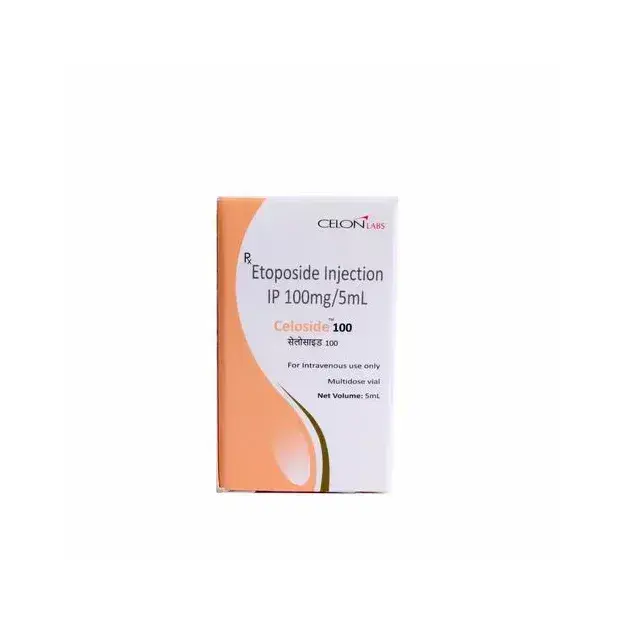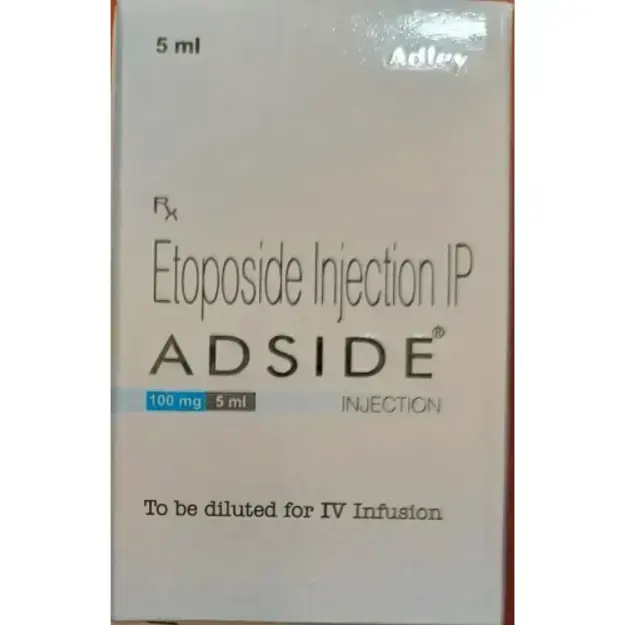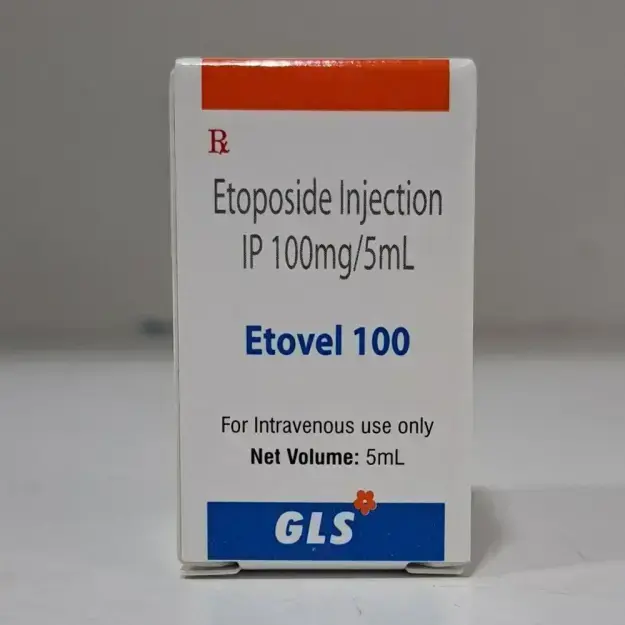Posid 100 Capsule is a prescription drug, available for use as Tablet. It is primarily used for the treatment of Small Cell Lung Cancer, Testicular Cancer.
The correct dosage of Posid 100 Capsule depends on the patient's age, gender, and medical history. Dosage also depends on the route of administration and your chief complaint for which the drug is prescribed. For detailed information on this, read through the dosage section.
Apart from the aforementioned side effects, Posid 100 Capsule can also lead to other problems, which have been listed below. Such side effects of Posid 100 Capsule normally do not last long and go away once the treatment is completed. Consult your doctor if these side effects become worse or stay for a longer duration.
Furthermore, you should know that effect of Posid 100 Capsule is Severe for pregnant women and Severe for women who are breastfeeding. In addition, Posid 100 Capsule's effects on the liver, heart and kidney are discussed below in the Posid 100 Capsule related warnings section.
Posid 100 Capsule is contraindicated in people with pre-existing medical conditions like Bleeding, Neutropenia as it can result in adverse effects. Other conditions have been mentioned below in the Posid 100 Capsule contraindications section.
Drug reaction of Posid 100 Capsule with other medicines has been reported. A complete list of these interactions is given below.
Along with the above-mentioned precautions, remember that taking Posid 100 Capsule is considered not safe while driving, and is not addictive.
X










